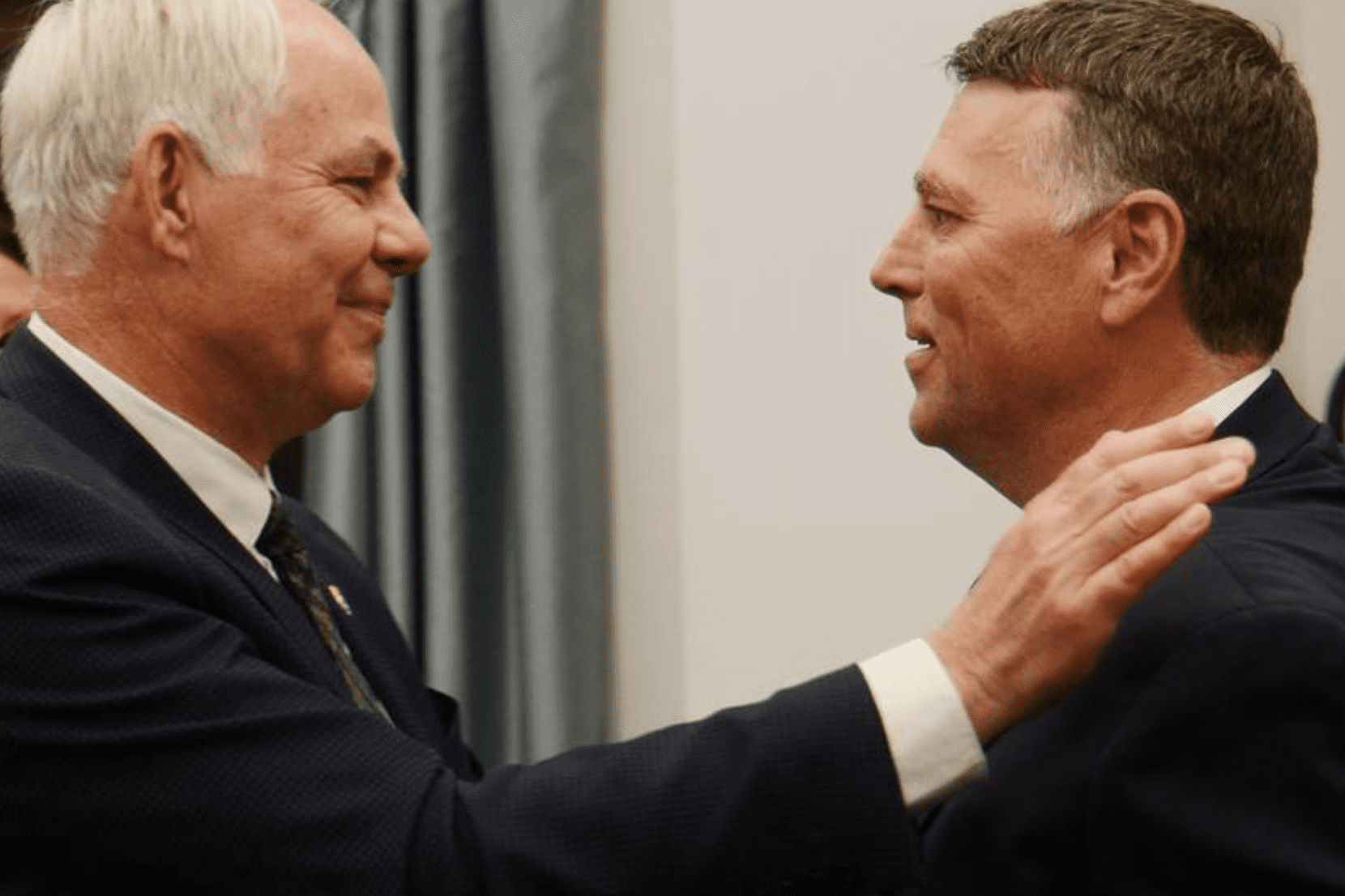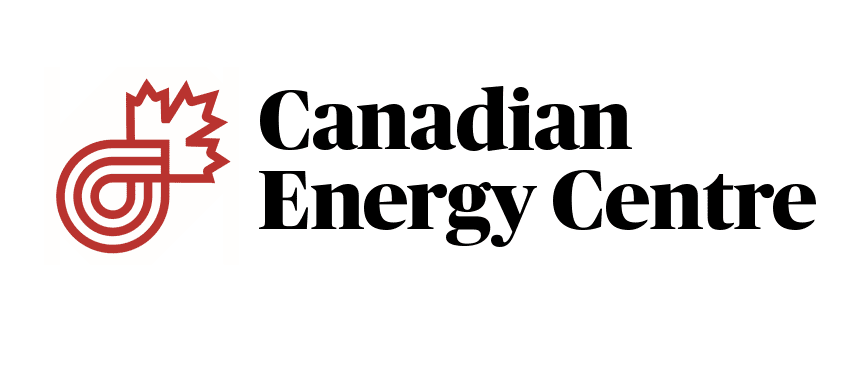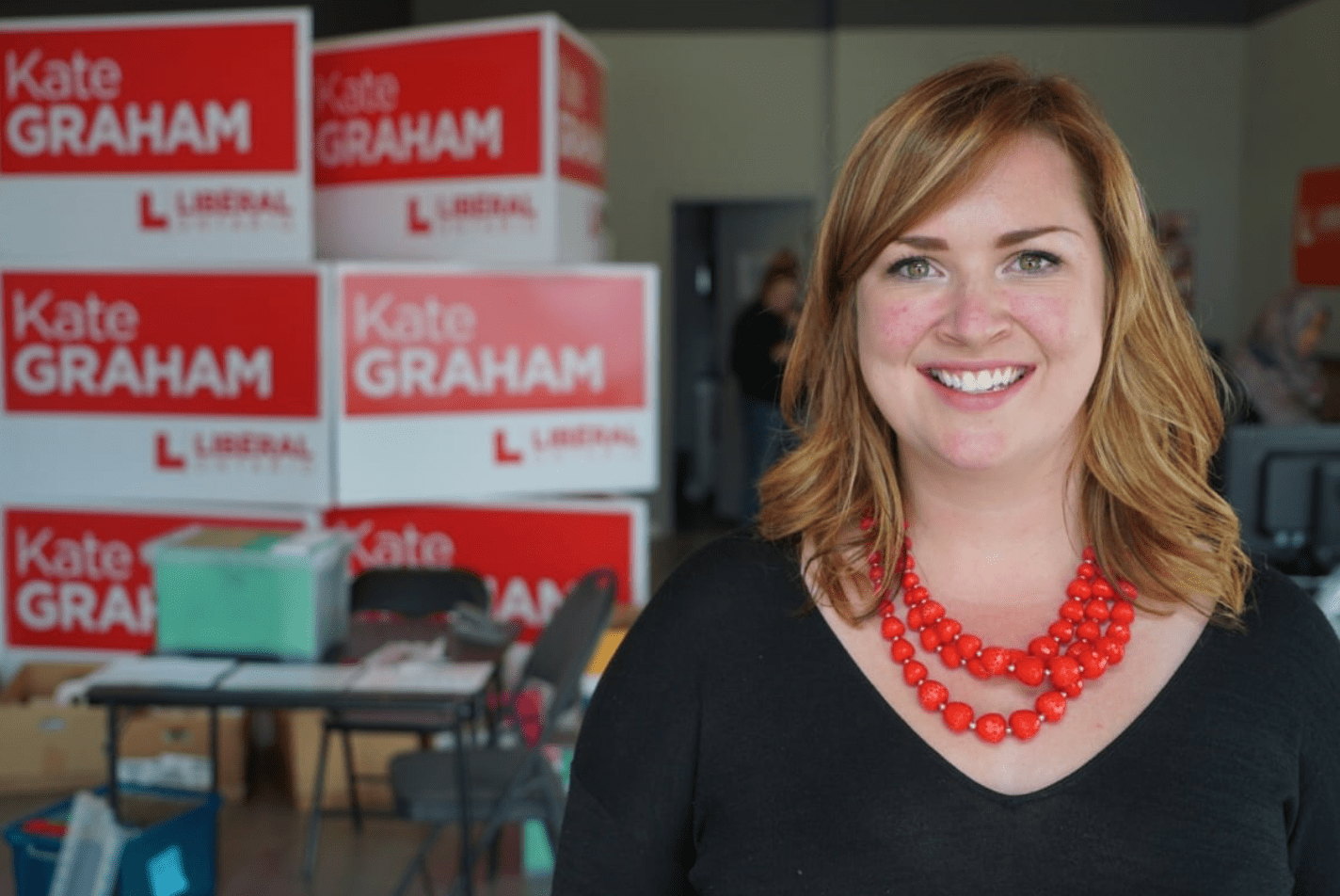"On something so fundamental to our politics as the way that we elect representatives, I believe an empowered citizens' assembly, with a binding recommendation that would be implemented [without a provincial referendum], is the best path forward."
—Kate Graham, Ontario Liberal leadership candidate, 19 November 2019
"Alarmed, he leaped to his feet and sang out as loudly as he could, 'Wolf! Wolf!' But the villagers thought he was trying to fool them again, and so they didn't come."
—"The Boy Who Cried Wolf," Aesop, 6th century BCE
After a humbling provincial election defeat and the premier's resignation, the Ontario Liberals have found themselves without a leader. Six candidates are currently contesting the vacancy, with the winner to be declared on March 7.
Half of the OLP leadership candidates are either current or recent members of provincial Parliament. However, a potential dark horse contestant has set herself apart from the competition by proposing to implement a new electoral system in Ontario. Even bolder, she's pledging such a reform without a referendum.
Kate Graham, who teaches political science at several tertiary schools in London, is thus far the only OLP leadership candidate to champion electoral reform. Her proposal is to establish a citizens' assembly, comprised of random citizens from across Ontario, to recommend the best electoral system for the province to use.
But there's one glaring problem: when it comes to improving the voting system, the Liberal brand is in tatters across much of Canada. On the topic of electoral reform, the party is saddled with a legacy of betrayal, sabotage and gaslighting.
Reputation and trust are both vital ingredients for getting elected to public office in a representative democracy. In Canada, our elections our engineered to usually bestow one political party with all of the legislative power, even though individual parties rarely earn the support of a majority of voters. As such, it's vital for politicians to keep their word if we're to confer them with considerable power.
Unfortunately, on the topic of improving the voting system, that trust has been all but torched by Liberals at both the federal and provincial/territorial levels. The most prominent example is Justin Trudeau's broken promise from 2015, but many instances of Liberals not delivering on electoral reform have occurred over the last two decades, and even extend almost a century into the past.
When Mackenzie King contested his first federal election as Liberal leader in 1921, he promised to scrap the first-past-the-post voting system. As prime minister, he created a special parliamentary committee to study electoral reform, but ignored its recommendation.
14 years later, King utilized the exact same tactic: he campaigned on electoral reform again as opposition leader in 1935, became prime minister once more, launched another special parliamentary committee and subsequently forgot all about it.
King would go back to the well for a third time in 1943, establishing a committee and as you've probably guessed by now disregarding it completely.
Funnily enough, Justin Trudeau's father Pierre Trudeau would be the next Liberal to disappoint on electoral reform. A task force on Canadian unity formed in 1977 would recommend in 1979 that an "element of proportionality" be added to the country's voting system. Trudeau would lose the election months later to Joe Clark, and late that year announced he intended to resign as Liberal leader; only then, after more than a decade as prime minister and with power seemingly slipping between his fingers, did he unexpectedly profess support for proportional representation.
With the Conservative minority government struggling to survive, Trudeau remained and led the Liberals into the 1980 election. During the campaign, he reiterated his support of proportional voting to the CBC. He went on to form another majority government, yet the voting system was not improved under his guidance.
Fast forward 16 years, and the BC Liberals fell victim to a "wrong-winner" provincial election result in 1996, in which the BC NDP came second in the popular vote yet somehow won a majority of seats and remained in government. Conversely, when the BC Liberals finally swept into power in 2001, they received an astounding 77 of the 79 seats, despite winning less than 58 percent of the vote; the BC NDP only elected two MLAs and thus lost official party status, leaving the province with no official opposition for an entire parliament.
Public sentiment in B.C. had become ideal for electoral reform after two elections with skewed results. Premier Gordon Campbell agreed, launching a referendum in 2005. But his Liberal party had been the beneficiary of the most recent unbalanced election result and was loathe to lose such an advantage; a 60 percent supermajority threshold would be employed to ensure the voting system would remain the same. Despite launching the referendum process, the BC Liberals did not campaign in favour of change in fact, privately, most of the party's MLAs opposed reform.
When a majority of British Columbians voted to change the election system, but the figure fell short of the arbitrary 60 percent threshold, another referendum was scheduled for 2009. But by then, the public's memory of the two unbalanced election results had begun to fade. The BC Liberals also insidiously banned electoral reform promotion from election advertising (the so-called "gag law") and fiddled with the wording of the referendum question to help engineer defeat.
Remember Jean Charest, former federal Progressive Conservative leader? Even he was behind another Liberal disappointment on electoral reform. After forming a majority government with the Quebec Liberals in 2003, his party introduced a bill in late 2004 to change the province's voting system to a blend of proportional representation and first past the post. After his government-appointed commission recommended adopting a system closer to what Germany and New Zealand use, no subsequent action was taken by the Liberal government.
Dalton McGuinty's Ontario Liberals also stormed into power in 2003, but with an election promise to hold a referendum on electoral reform. As in B.C., the Liberals implemented a 60-percent supermajority threshold to ensure the current voting system would be retained, and did not campaign in favour of change (despite opposition leader John Tory serving as one of the leading campaigners against the proposal). The government provided the public with little information about the suggested voting system, or even that a referendum was to be held. According to a Strategic Counsel public opinion poll conducted less than one month before the referendum, almost half (47 percent) of Ontarians said their understanding of the proposed reform was "nothing at all." Several academics noted that public education was severely underfunded and rushed, and debate was not permitted at public information sessions in an effort to retain an air of neutrality, which prevented voters from forming an opinion. The referendum ultimately failed.
New Brunswick launched a fruitless, 14-year process in 2004 under a PC government, with a commission that recommended the province switch to mixed-member proportional representation. The Liberal platform in the subsequent 2006 election was silent on the topic. One leader and two elections later, the Liberals promised in 2014 "…to improve participation in democracy, such as [with] preferential ballots and online voting." Another commission was established, and in 2017 recommended adopting instant-runoff voting (sometimes referred to as ranked ballots) as well as giving consideration to proportional representation. The Liberal government, keen to retain a two-party system, announced they would hold a referendum in 2020 on instant-runoff voting (a non-proportional system), but this pledge was absent from its 2018 election platform. When the Liberals faced a hung parliament and the threat of being removed from power, promises of proportional representation were desperately doled out to curry favour with the Greens. It was too little, too late.
In Prince Edward Island, the Liberal government held a referendum on electoral reform in 2016. When voters opted to switch to mixed-member proportional representation, the Liberals gaslighted the public by inexplicably claiming the result didn't represent the will of society. Some politicians pointed to a low turnout rate, while others noted that first past the post had been the most popular option during the initial round of preferential balloting. This dismissal of the referendum result caused a public uproar, including the #HonourTheVote hashtag on social media.
A subsequent PEI referendum was held this past April, in which all leaders except the Liberal premier personally supported the reform even the Progressive Conservative favoured change. Unfortunately, the Liberal government implemented extreme financial restrictions on the referendum: campaigns were not allowed to solicit donations, and third-party groups were unable to spend more than $500. The referendum failed by less than 3,000 votes, although a majority of districts voted for change.
Perhaps the most prominent example of a Liberal bait-and-switch on electoral reform comes from the current prime minister. Justin Trudeau campaigned in 2015 as the third-party leader to "make every vote count" (perhaps not coincidentally, the slogan of Fair Vote Canada), pledging it would be the last election to use first past the post. But Trudeau had wanted Canada to adopt instant-runoff voting all along, and refused to hold a referendum on proportional representation as the Conservative, NDP and Green members of a parliamentary committee had mutually agreed. Liberals began to undermine the process in late 2016, including resorting to gaslighting by claiming the committee was only supposed to recommend one specific voting system even though it was mandated to examine numerous systems. The Liberals then attempted to argue proportional representation was too complicated for Canadian voters to comprehend, and broke House rules by using a disingenuous prop of an algebra equation. By February 2017, Trudeau's Liberals cancelled the entire process.
And let's not forget the country's stunning north. The Yukon Liberals included electoral reform in their 2016 platform and won a majority government. After 2.5 years of inaction, the Liberals finally established a commission, but its chair resigned just one month after being appointed for reasons that remain unclear. By November 2019 three years after being elected the government finally agreed to opposition demands to scrap the commission and to form an all-party committee instead. But the Liberals refused to call for debate during the autumn sitting, and then rejected requests by the opposition for an emergency sitting to progress the matter prior to the spring 2020 sitting, in what appears to be an attempt to delay electoral reform until after the 2021 territorial election.
Given this litany of examples of Liberal deceit on improving the electoral system, how are voters expected to respond to Kate Graham's pledge that a Liberal government would change Ontario's voting system under her lead?
Graham's promise to forgo a referendum and simply implement whichever electoral system is deemed best for Ontario by a citizens' assembly is bold and it's the right decision. But removing that single barrier still leaves numerous hurdles. The so-called "Big Red Machine" enjoys the fruits of a two-party system; many people inside the party would fight to retain the current voting system and undermine Graham's efforts. It would be naïve to assume Graham wouldn't face considerable internal duplicity and sabotage from the onset.
I do not doubt Graham's personal sincerity about wanting to change Ontario's voting system. But I am doubtful that the Liberal party is the vehicle to successfully implement such a reform.
Graham is no novice to politics: she has a PhD in political science, teaches the subject at the post-secondary level, and her spouse is a deputy mayor and city councillor. It would be foolish to assume she's naïve about the systemic inertia found within major political parties.
Perhaps Graham's assumption is that with the Ontario Liberals being battered in 2018 and forced to shrink in size, the personnel transition has pushed out many of the people who would otherwise have undermined her reform proposals. That might be true. But could a similar claim have been made after the Liberals' 1995 election loss? The party shed a great deal of "institutional deadweight" after Mike Harris came to power, yet the churn wasn't enough to stop the party from its usual tricks the next decade.
After all, Dalton McGuinty promised an electoral reform process for Ontario prior to becoming Liberal premier, yet his party's efforts to undermine the subsequent 2007 referendum left McGuinty with the same legacy as all the other Grits.
Reputation and trust are major factors in politics, yet Graham hasn't articulated why voters should trust her party on electoral reform after a century of betrayals. Wouldn't the logical response from voters be to assume she is just another Liberal crying wolf?
Photo Credit: CBC News
The views, opinions and positions expressed by columnists and contributors are the author’s alone. They do not inherently or expressly reflect the views, opinions and/or positions of our publication.










